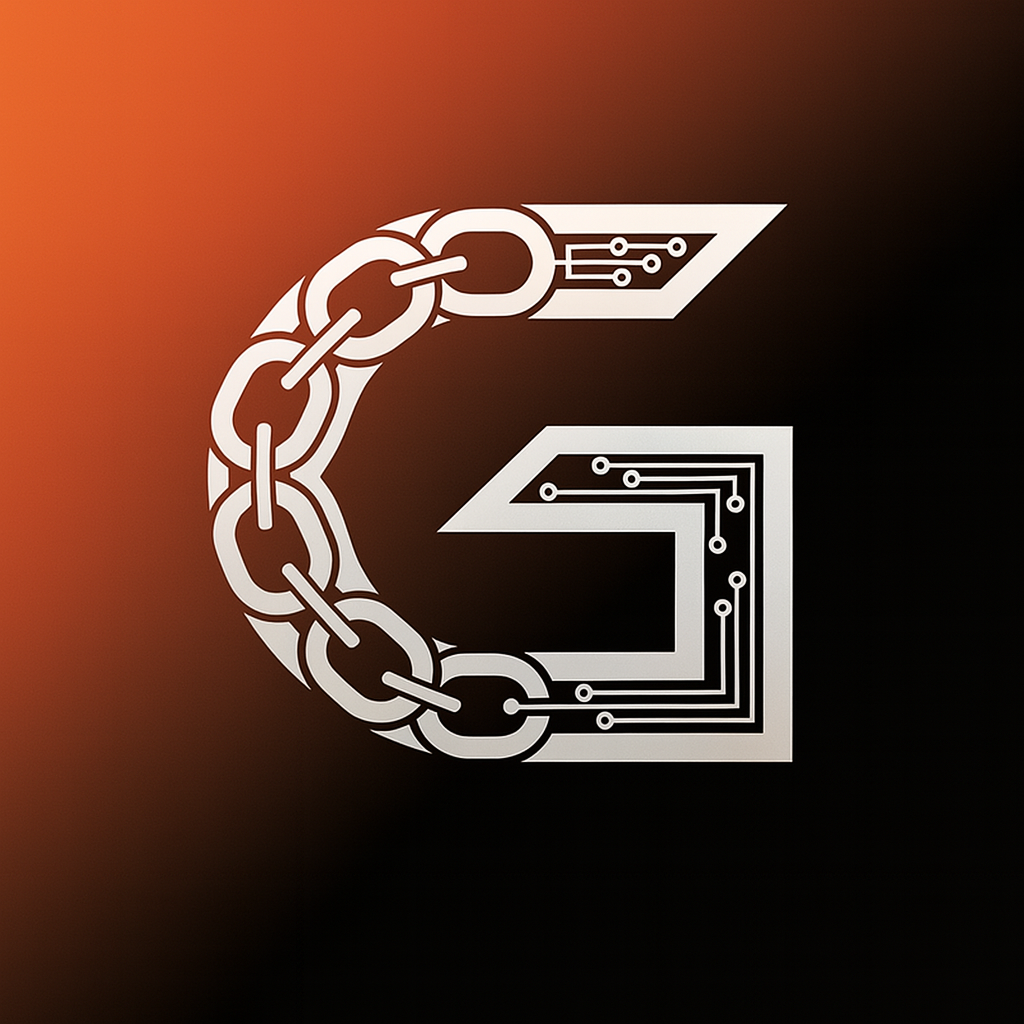Cross-Chain Staking: New Opportunities and Challenges

Cross-chain staking represents the frontier of interoperability in the Proof of Stake ecosystem, enabling capital to flow seamlessly between previously siloed networks. This analysis examines the technical implementations, security considerations, and economic opportunities created by this emerging capability.
Cross-Chain Implementation Approaches
- •Implementation Variety: Solutions range from IBC-enabled stake transfers in Cosmos to bridge-based approaches connecting heterogeneous networks.
- •Validator Opportunities: Creates possibilities to serve users across multiple networks while potentially centralizing operations for efficiency.
- •Technical Challenges: Requires managing different consensus protocols, key systems, and security models simultaneously.
- •Trust Assumptions: Understanding the specific security guarantees of each cross-chain staking solution is critical for validator risk assessment.
The blockchain ecosystem continues to evolve at a rapid pace, with new technologies and approaches constantly emerging. Analyzing market trends and ecosystem developments provides valuable insights for strategic decision-making.
Understanding the Fundamentals
Cross-chain staking protocols enable capital to flow between different blockchain networks while maintaining the security benefits of native staking. This represents a significant evolution in the Proof of Stake ecosystem, creating opportunities for both users and validators to optimize their participation across multiple networks. Implementations vary significantly, from IBC-enabled stake transfers in the Cosmos ecosystem to bridge-based solutions connecting more heterogeneous networks. For validators, these innovations create opportunities to serve users across multiple networks while potentially centralizing operations for efficiency. However, they also introduce complex technical challenges in managing different consensus protocols, key management systems, and security models simultaneously. Understanding the specific trust assumptions and security guarantees of each cross-chain staking solution is critical for validators evaluating participation.
Key Considerations for Validators
Professional validators must consider several critical factors to ensure reliable and competitive services:
Technical Implementation
Looking Ahead
Cross-chain infrastructure will continue to develop, with increasingly robust security guarantees and more efficient capital utilization. We expect to see specialized protocols emerge that optimize for specific validator needs across multiple networks, creating new economic opportunities for operators who can navigate the technical complexity.
Conclusion
As the blockchain space continues to mature, the role of professional validators becomes increasingly important. By staying informed about the latest developments, implementing best practices, and maintaining a commitment to security and reliability, validators can provide valuable services to the networks they support while building sustainable businesses.
At Gigantic Nodes, we remain dedicated to advancing the state of validator operations and sharing our knowledge with the broader community. We believe that professional infrastructure providers play a crucial role in the blockchain ecosystem, and we're committed to setting the highest standards for reliability, security, and performance.
